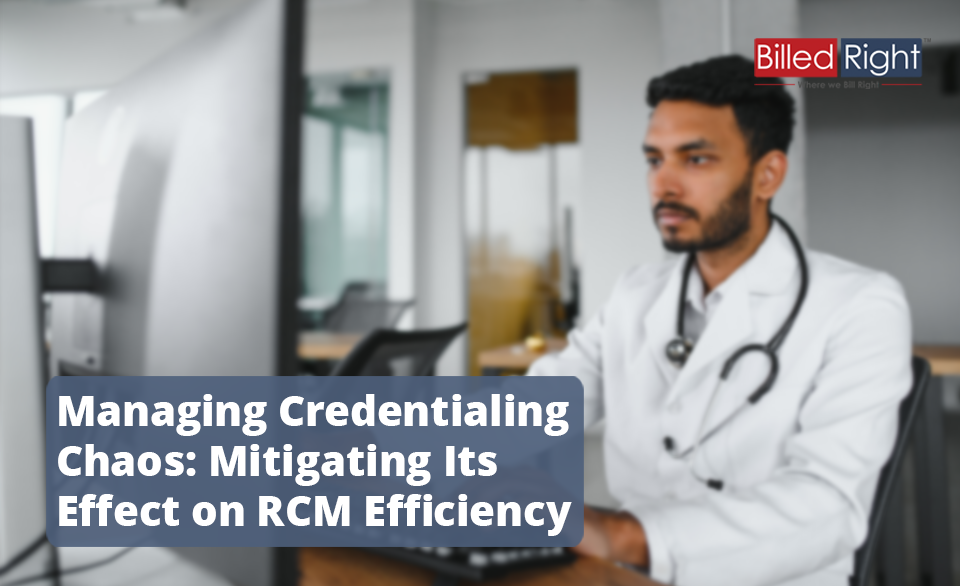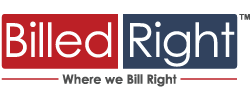Managing Credentialing Chaos: Mitigating Its Effect on RCM Efficiency

Understanding Credentialing Chaos
Credentialing chaos can significantly impact healthcare organizations and their ability to maintain efficient operations. Understanding its implications is crucial for optimally managing revenue cycles.
Importance of Credentialing in Healthcare
Credentialing is a vital process that involves verifying the qualifications of healthcare providers. This ensures that staff members meet specific standards and comply with regulations. Without proper credentialing, healthcare organizations may face legal repercussions, insurance denials, and decreased patient trust.
The credentialing process generally covers:
- Education
- Training
- Experience
- Licensures and certifications
It serves as a safeguard for patient safety, quality of care, and organizational compliance.
Impact of Credentialing Delays on Revenue Cycle Management
Delays in credentialing can lead to significant repercussions in revenue cycle management (RCM). Healthcare organizations depend on timely credentialing to bill and receive payments for services delivered. When credentialing processes are slow or ineffective, it can result in lost or delayed revenue.
The following table illustrates the financial implications of credentialing delays:
| Impact | Financial Implication |
|---|---|
| Delayed billing | Revenue loss per week ($) |
| Increased denials | Denied claims due to lack of proper credentials ($) |
| Cash flow disruptions | Impact on operational budgeting ($) |
The uncertainties caused by credentialing delays can affect a practice’s bottom line and overall financial health. Healthcare professionals must be aware of how credentialing delays affect RCM to implement best practices effectively.
Regular training on >steps in the credentialing process and adherence to credentialing best practices for RCM can improve overall efficiency and mitigate the consequences of credentialing chaos.
Mitigating Effects on RCM Efficiency
To enhance Revenue Cycle Management (RCM) efficiency, it’s essential to address the impact of credentialing delays. Streamlining credentialing processes and implementing technology solutions can significantly improve how medical practices manage their finances and patient care.
Streamlining Credentialing Processes
A key step in mitigating the effects of credentialing chaos is to streamline the credentialing process itself. This involves analyzing current workflows and identifying bottlenecks that can lead to delays. By optimizing these processes, healthcare facilities can avoid the negative effects that delays have on revenue cycles.
Common Steps in Credentialing Process
| Step | Duration | Potential Delays |
|---|---|---|
| Application Submission | 1-2 weeks | Incomplete information |
| Primary Source Verification | 2-4 weeks | Slow responses from institutions |
| Committee Review | 1-3 weeks | Scheduling conflicts |
| Final Credentialing Decision | 1 week | Missing documentation |
To enhance efficiency, organizations may implement standardized checklists and timelines as part of their credentialing processes.
Implementing Technology Solutions for Efficiency
Incorporating technology solutions is vital for addressing how credentialing delays affect RCM. Utilizing credentialing software can streamline data management, ensure compliance with regulations, and facilitate real-time tracking of credentialing status.
Benefits of Implementing Credentialing Software Include:
| Benefit | Description |
|---|---|
| Centralized Database | Keeps all provider documents accessible and organized |
| Automated Notifications | Alerts staff about upcoming renewals and missing documentation |
| Reporting Capabilities | Generates reports for better oversight and tracking |
| Integration with Other Systems | Links to billing and EHR systems for seamless operation |
Practices looking to improve their credentialing efficiency should explore available credentialing software solutions that fit their specific needs. Through strategic technology integration, medical practices can minimize delays and optimize their revenue cycle processes.
By taking proactive steps to streamline credentialing processes and leverage technology, healthcare professionals can significantly enhance the efficiency of their RCM while reducing the impact of credentialing delays.





